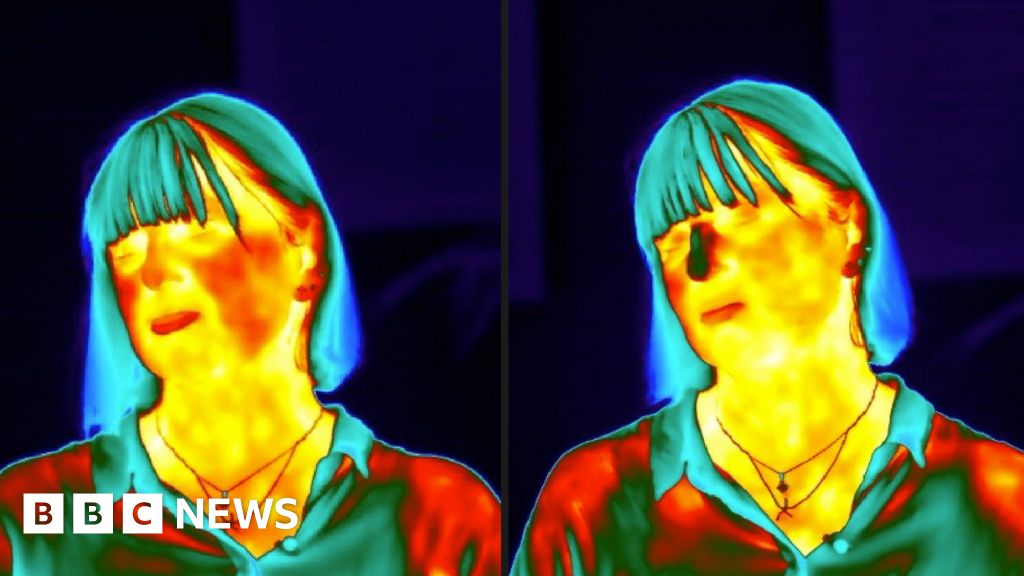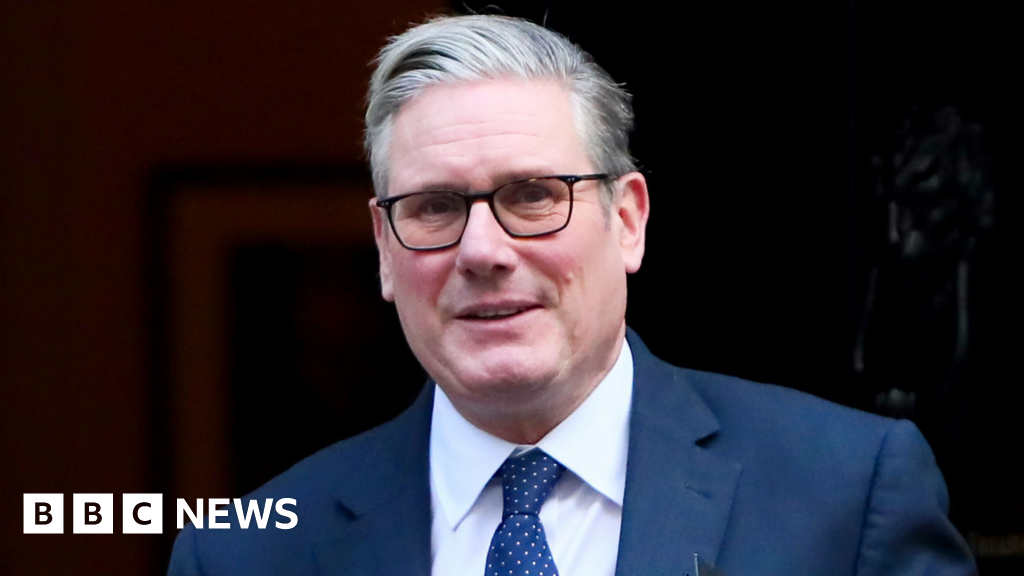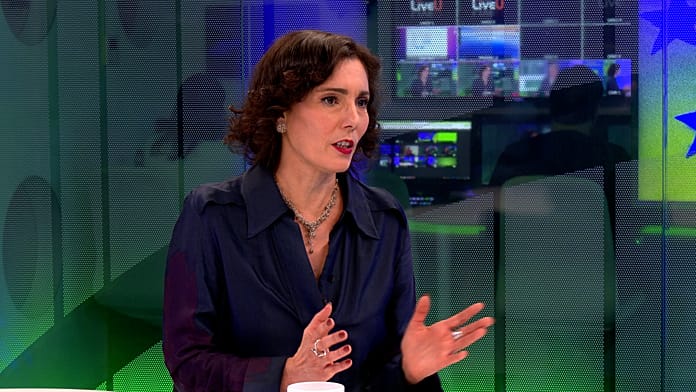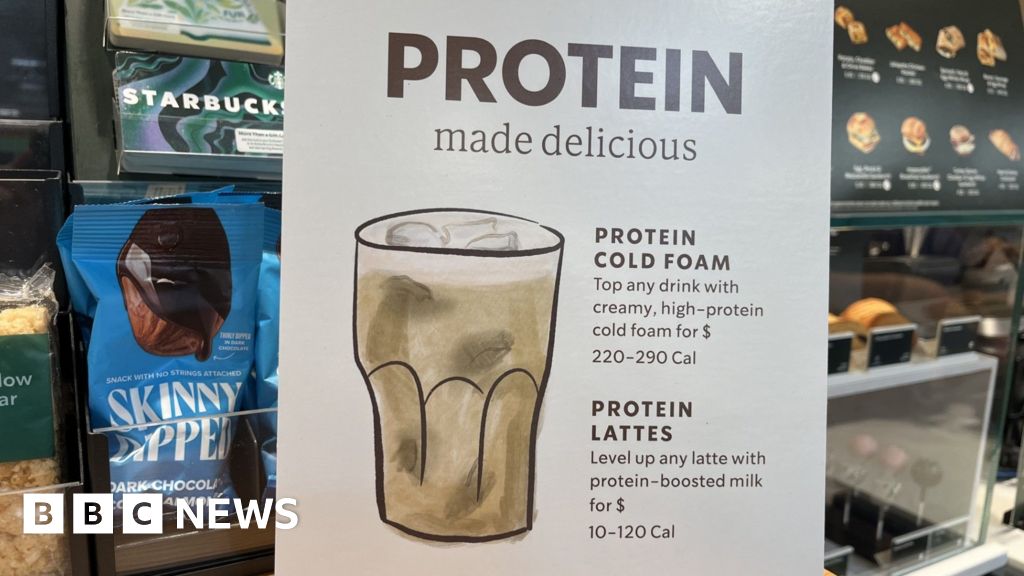Mortgage warning as average standard variable rate hits the highest level in 16 years
Borrowers who are rolling off their initial mortgage deal are being warned that the average revert rate has hit its highest level in at least 16 years.The average standard variable rate (SVR) across all deposit sizes hit a record of 8.18 per cent at the start of October, according to Moneyfacts.This is the highest level on the money comparison website’s electronic records, which began in July 2007.With borrowers often ending up lapsing onto an SVR when their initial mortgage deal ends, Moneyfacts suggested homeowners look at their options and speak to their lender if they’re struggling.WATCH NOW: GB News investigates UK housing crisis as mortgage and rent costs soar Rachel Springall, a finance expert at Moneyfacts, said that while fixed mortgage rates have been falling recently, the average standard variable rate stands at a “record high”.She explained: “This rate has risen by 3.78 (percentage points) since the start of December 2021 and there may be borrowers either stuck or deciding to sit on their revert rate, hoping fixed rates will fall in the weeks to come.“Borrowers would be wise to seek independent advice to go over their options or speak with their lender if they are struggling to make repayments.”When the average SVR was 4.40 per cent in early December 2021, a borrower paying back a £200,000 mortgage over 25 years back would have seen typical monthly repayments of around £1,100, according to Moneyfacts’ calculations.At 8.18 per cent, the monthly repayment could have jumped by £467 a month to around £1,567.Furthermore, borrowers are being warned sitting on a higher SVR for a period of time can mean they pay out thousands of pounds more than they would on another mortgage deal.If the same borrower had been on an SVR for two years at 4.4 per cent, they could pay around £26,400 for that period.If they remained on an 8.18 per cent SVR rate for two years, they could pay around £37,600 over the period.Across all deposit sizes, the average two-year fixed homeowner mortgage rate on the market is currently 6.41 per cent, Moneyfacts said yesterday.Lenders have been announcing cuts to mortgage rates they’re offering in recent weeks amid expectations over inflation.Skipton Building Society has announced the launch of a new low-rate mortgage range aiming to support borrowers who are at risk of struggling to pay when their current deal ends.LATEST DEVELOPMENTS:Super-low mortgage rates ‘will never return’ as buyers issued new adviceMortgage warning for millions as first-time buyer sales plummetHomes ‘more affordable but borrowers stretched’ as mortgage costs soarThe “member only” two-year fixed-rate deals include a 3.35 per cent rate for borrowers with a 40 per cent deposit and a 3.59 per cent rate for those with a 10 per cent deposit.However, the deals carry a fee of five per cent of the existing loan amount, which can be added to the mortgage balance, and while they present “another option” for members, they won’t be right for everyone.Ms Springall, said it was “good” to see the building society offering existing borrowers more options to consider when coming off a deal.She added: “These options may well be a lifeline for some existing borrowers but it is vital they explore other options from alternative lenders too.“Anyone concerned about rising repayments would be wise to seek independent advice to go over all the options available to them, as they will need to consider all the associated costs when changing their deal.”


Borrowers who are rolling off their initial mortgage deal are being warned that the average revert rate has hit its highest level in at least 16 years.
The average standard variable rate (SVR) across all deposit sizes hit a record of 8.18 per cent at the start of October, according to Moneyfacts.
This is the highest level on the money comparison website’s electronic records, which began in July 2007.
With borrowers often ending up lapsing onto an SVR when their initial mortgage deal ends, Moneyfacts suggested homeowners look at their options and speak to their lender if they’re struggling.
WATCH NOW: GB News investigates UK housing crisis as mortgage and rent costs soar
Rachel Springall, a finance expert at Moneyfacts, said that while fixed mortgage rates have been falling recently, the average standard variable rate stands at a “record high”.
She explained: “This rate has risen by 3.78 (percentage points) since the start of December 2021 and there may be borrowers either stuck or deciding to sit on their revert rate, hoping fixed rates will fall in the weeks to come.
“Borrowers would be wise to seek independent advice to go over their options or speak with their lender if they are struggling to make repayments.”
When the average SVR was 4.40 per cent in early December 2021, a borrower paying back a £200,000 mortgage over 25 years back would have seen typical monthly repayments of around £1,100, according to Moneyfacts’ calculations.
At 8.18 per cent, the monthly repayment could have jumped by £467 a month to around £1,567.
Furthermore, borrowers are being warned sitting on a higher SVR for a period of time can mean they pay out thousands of pounds more than they would on another mortgage deal.
If the same borrower had been on an SVR for two years at 4.4 per cent, they could pay around £26,400 for that period.
If they remained on an 8.18 per cent SVR rate for two years, they could pay around £37,600 over the period.
Across all deposit sizes, the average two-year fixed homeowner mortgage rate on the market is currently 6.41 per cent, Moneyfacts said yesterday.
Lenders have been announcing cuts to mortgage rates they’re offering in recent weeks amid expectations over inflation.
Skipton Building Society has announced the launch of a new low-rate mortgage range aiming to support borrowers who are at risk of struggling to pay when their current deal ends.
LATEST DEVELOPMENTS:
- Super-low mortgage rates ‘will never return’ as buyers issued new advice
- Mortgage warning for millions as first-time buyer sales plummet
- Homes ‘more affordable but borrowers stretched’ as mortgage costs soar
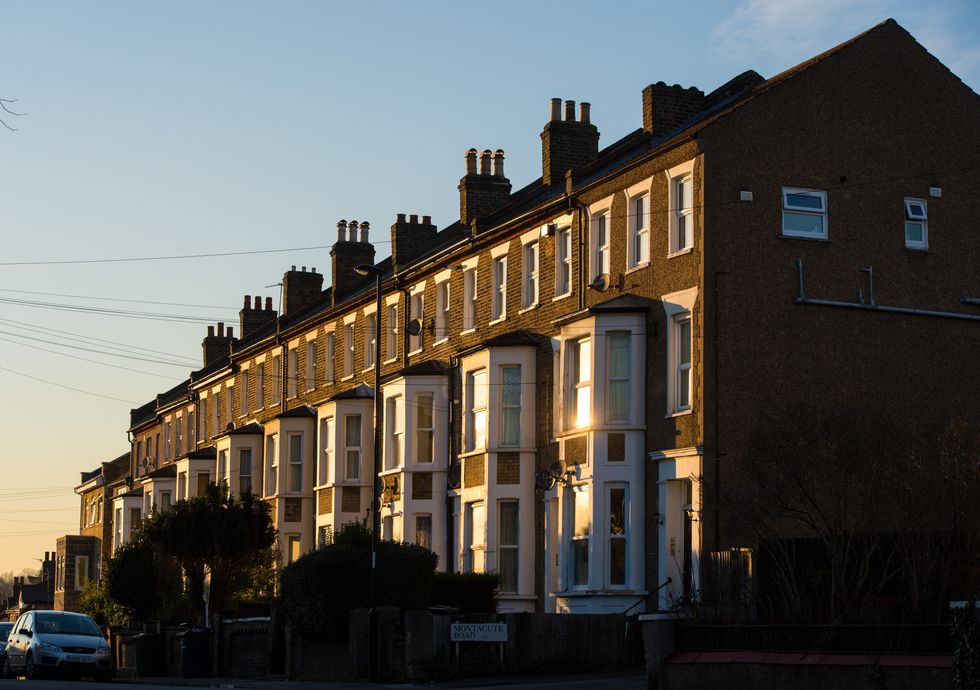
The “member only” two-year fixed-rate deals include a 3.35 per cent rate for borrowers with a 40 per cent deposit and a 3.59 per cent rate for those with a 10 per cent deposit.
However, the deals carry a fee of five per cent of the existing loan amount, which can be added to the mortgage balance, and while they present “another option” for members, they won’t be right for everyone.
Ms Springall, said it was “good” to see the building society offering existing borrowers more options to consider when coming off a deal.
She added: “These options may well be a lifeline for some existing borrowers but it is vital they explore other options from alternative lenders too.
“Anyone concerned about rising repayments would be wise to seek independent advice to go over all the options available to them, as they will need to consider all the associated costs when changing their deal.”

























